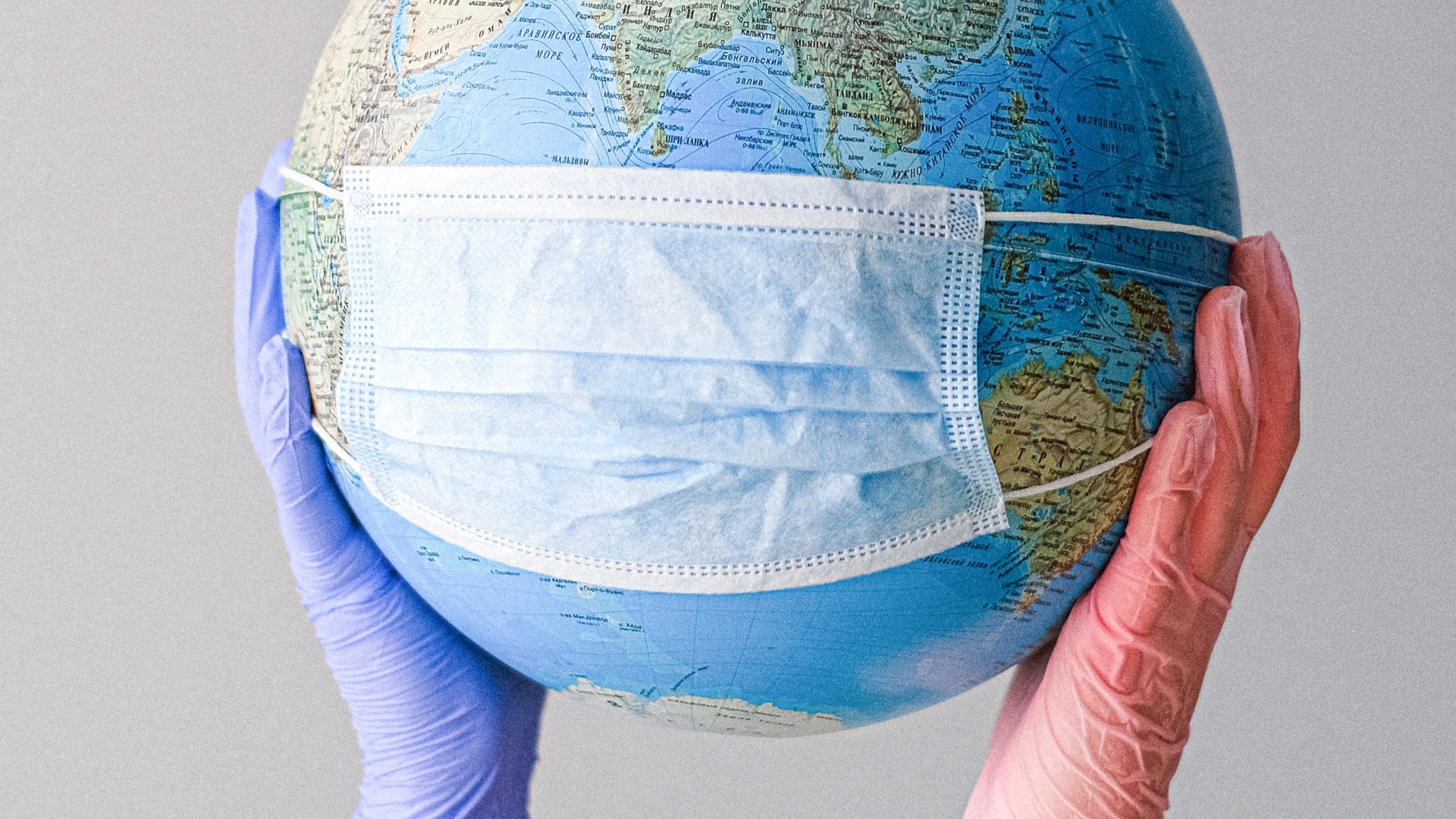Leading professional services company GHD has launched its inaugural UK Disruption Index, which evaluates which industries have established resilience, and which are most at risk of being disrupted, in today’s uncertain and unpredictable climate.
The Water sector has been identified as the sector most resilient to future disruption, ahead of the Information & Communication industry in second place, and Energy in third.
To build the index, GHD has analysed the risk of disruption to 11 key sectors – Rail, Highways, Water, Energy, Chemical & Pharmaceuticals, Construction, Real Estate, Retail, Manufacturing, Financial Services, and Information & Communication – through a combination of independent research, internal GHD expert consultation data, and a survey of over 2,000 UK consumers and hundreds of business decision makers.
This research was carried out through four lenses, all of which are key to enabling a business or industry to be truly resilient in the long term:
Customers: Understanding and planning for changing behaviours and expectations.
Business: Ensuring business models are robust, investable and sustainable.
Assets: Using fully optimised assets that minimise waste.
Innovation: Investing in technology and piloting new solutions; testing how to meet changing consumer demands.
Water sector key findings from GHD’s UK Disruption Index include:
- Ageing infrastructure seen as the biggest threat to the future of sector
- Second best ranking in terms of adoption of emerging technologies, behind only Information & Communication
- Third best ranking in terms of investability and profitability, behind Financial Services (#1) and Real Estate (#2)
Highlights from GHD’s business leaders survey (Water respondents only) include:
- Only 47% believe it is likely their organisation will meet net zero targets – the lowest proportion of all 11 sectors
- Government policy seen as external factor that will most impact water companies’ ability to achieve net zero goals
- 82% consider their organisation to be prepared for disruption in the future (second highest of the 11 sectors)
- 88% believe their company has proven more resilient in the past two years than might have been expected
- 82% believe that the Water industry as a whole has proven more resilient
- Environmental crises / global warming expected to cause the greatest disruption in the next 10 years
Commenting on the Disruption Index’s findings, John Hensman, UK Market Leader – Water at GHD, said: “Of all the sectors featured in our research, water appears the best equipped to face future disruption. The industry fared comparably well during the pandemic, with sector employees declared key workers, and many capital programmes that were delayed are now back on track. Generally, the water companies are attractive to investors if they are efficient and successful, and they tend to make steady, reasonable-level profits. It is critical that they maintain a level of success in these challenging times.
“Our research shows that the water sector thinks ageing infrastructure will have a big effect on its future. There is also an increasing focus on innovation and collaboration between water companies where the challenges are — if not identical — usually very similar. The sector’s approach to problem solving has already changed: they’re starting to put the customer at the centre and engaging more proactively with the public.”
Hensman continued: “Changing consumer perception of the water sector’s environmental attitude, however, is likely to impact the investability of the sector. Our research suggests that the public don’t think the sector is doing enough. The reality is that the industry is making great gains in the ESG space. In 2019, water companies in England joined forces to pledge to reach net zero on operational emissions by 2030. Since then, companies in Scotland and Wales have committed to achieving carbon neutrality across all emissions by 2040.
“And rightly so: the climate emergency is one of the main challenges to urban wastewater systems in future decades. More extreme weather events will lead to more untreated sewer overflows and increased flooding. And with the increased scarcity of water resources predicted, wastewater reuse will become more necessary as climate change accelerates. On the other hand, during wastewater treatment, greenhouse gases can be emitted to the atmosphere. The industry needs to find solutions.
“The challenge, of course, is that will be expensive to solve the problem of ageing infrastructure at a time when environmental pressures are so demanding. Innovative approaches will be part of the solution, but ultimately the amount available to spend is driven by the value people place on water, regulatory demands, government policy and ultimately politics.”
GHD’s full Disruption Index and accompanying whitepaper, “Recovery, Resilience and Reconnection: Designing business for an ever-present state of disruption”, can be found here.



